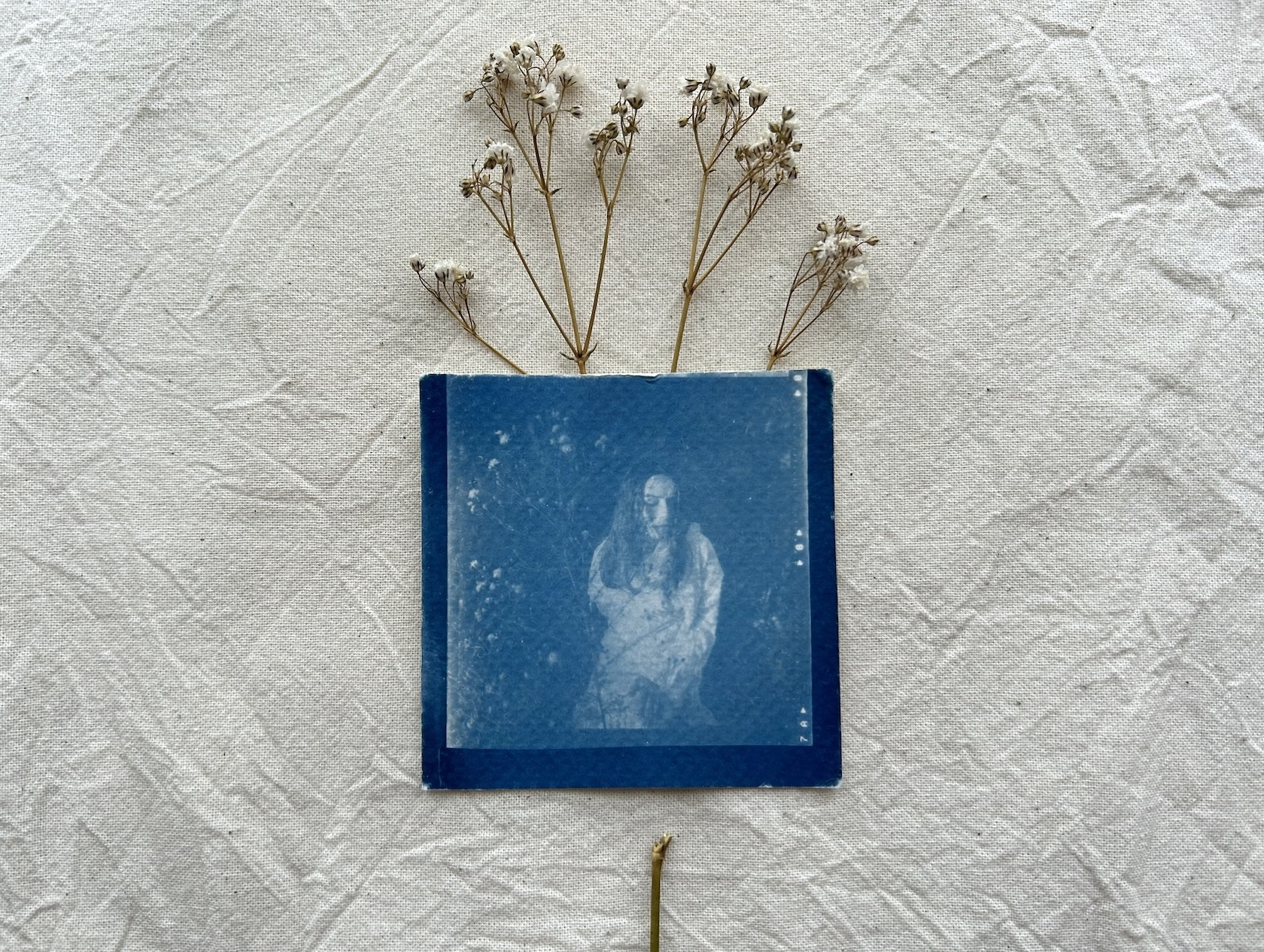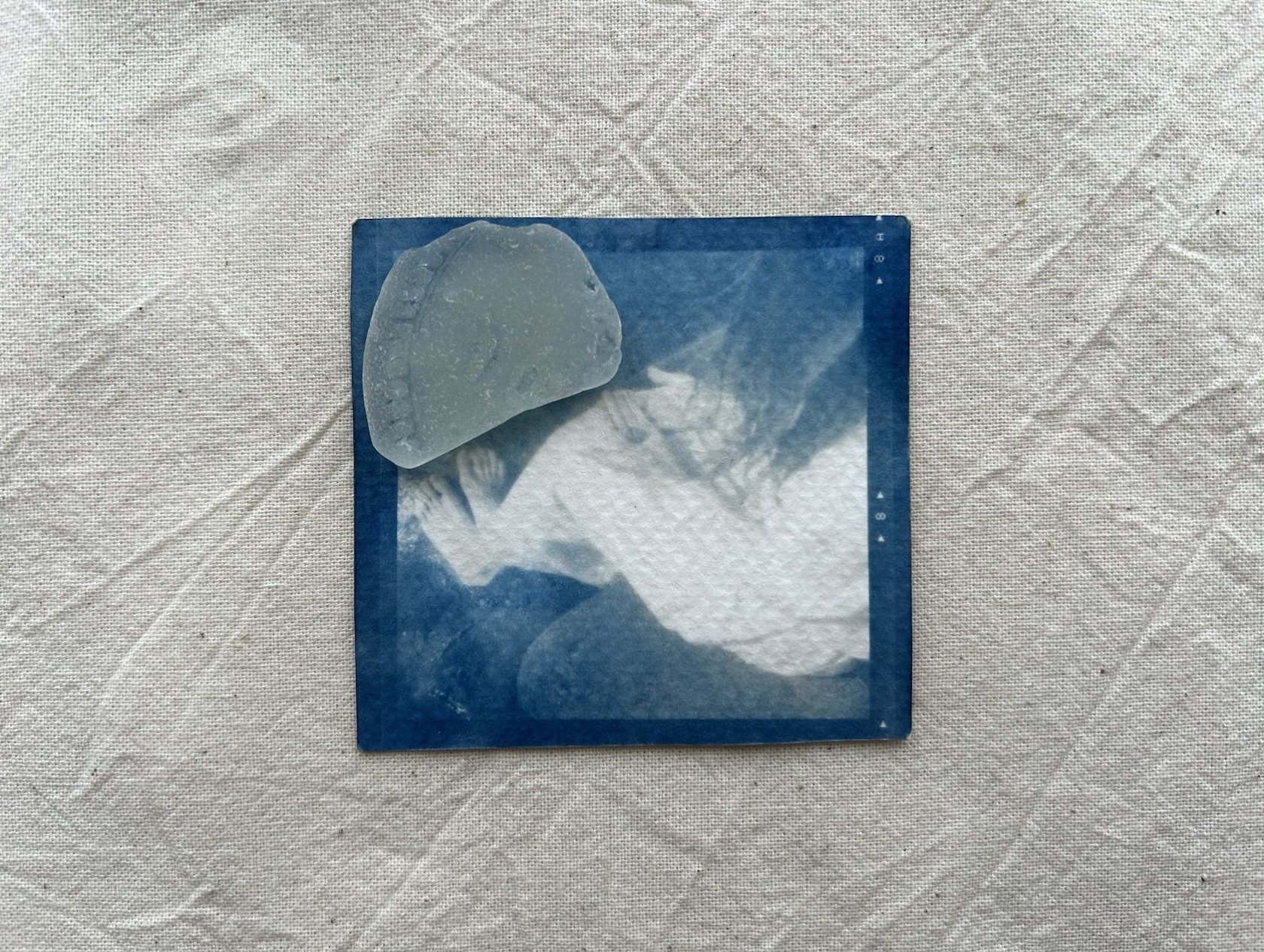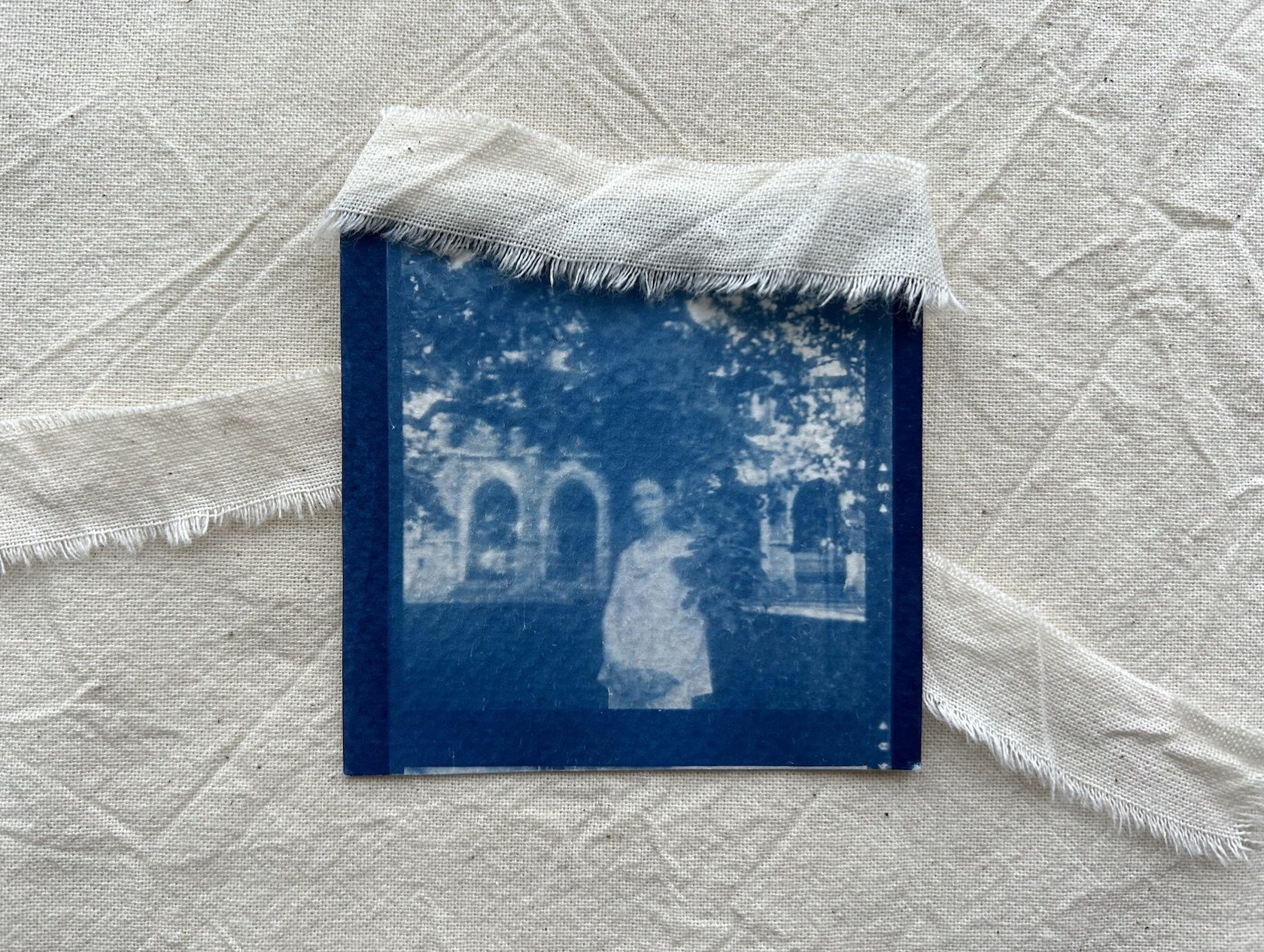»How do we talk about war, violence and hatred? How do we protect ourselves from repeated injuries? Are there spaces for empathy to process traumatic events?« these and other questions are at the center of a panel discussion at Internationales Literatur Festival Berlin I was invited to join as a speaker this September. The topics, all perfectly matching my own train of thought of both a writer in exile and a witness of unprecedented repressions ongoing in my home country, offered a space for reflection that I decided to navigate through–also in writing.
For me, as a linguist, the idea of sharing starts with the pronouns used in self-presentation. And there was something curious that I noticed while doing research on the memory vocabulary as a part of my work on »The Art of (Not) Forgetting« project. When speaking about the most resourceful and most traumatic recollections our language differs: in the accounts of sad episodes, we tend to use more of the »I«-pronoun, whereas bright memories were rather presented as »we«-experiences. It looks like we feel lonely in the face of betrayal or abuse, death or injustice, whereas happiness is something we naturally enjoy with the close ones.
So yes, trauma is associated with introspection.
When in emotional pain, we frequently turn inward, engaging in deep reflection and rumination in attempts to make sense of our experiences. And as the first step towards healing, psychological science argues,
we need to deal with this hyperfocus on oneself, move from »I« to »we« and try to overcome speechlessness.



